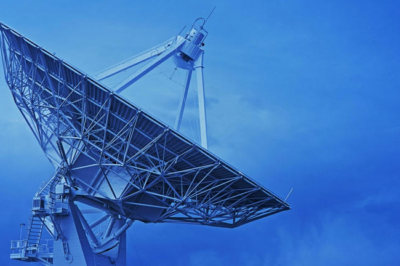
News Summary
- IN-SPACe has received applications from 30 companies to establish Earth observation (EO) satellite constellations.
- The initiative seeks to reduce India’s dependence on foreign satellite data and boost private sector participation in the space industry.
- Winning bidders will receive financial support from the government, while contributing their own investments to this ambitious program.
How will this project transform India’s space sector?
India’s journey toward satellite independence is gaining momentum with 30 companies vying to build a network of Earth observation satellites. This program, initiated by the Indian National Space Promotion and Authorisation Centre (IN-SPACe), is a strategic leap to strengthen India’s space technology, reducing its reliance on data from foreign entities like the European Space Agency.
The initiative stems from an expression of interest (EoI) floated in July, aiming to bolster critical industries such as defense, infrastructure, and climate monitoring. It also promises to monetize the growing space data sector, expected to hit $45 billion by 2030. Among the applicants are startups like Pixxel, backed by Google, and major players like Tata Advanced Systems, showcasing the diverse expertise rallying behind this vision.
What lies ahead for the chosen consortium?
The application evaluation will wrap up by January 2025, following which a tender will finalize the winning consortium. But the stakes are high: participants must prove their technical prowess and raise at least Rs 850 million ($10 million). The government, through loans up to Rs 3.5 billion ($42 million), will support the winning group, requiring private firms to bridge additional expenses.
This project marks a significant shift in India’s space strategy, integrating private companies and offering financial support through a Rs 10 billion venture fund for space startups. With IN-SPACe leading the charge, the initiative aims to establish satellite control centers in India, ensuring data sovereignty and fostering homegrown innovations in space tech.
Conclusion
The move towards building satellite constellations signifies India’s growing ambition in the space sector. By empowering private enterprises and prioritizing indigenous satellite capabilities, this initiative is poised to strengthen national security and economic prospects while solidifying India’s position as a leader in global space exploration. If successful, the program will redefine how India gathers, processes, and monetizes space data, setting the stage for a self-reliant and forward-thinking space industry.








































Leave a Reply